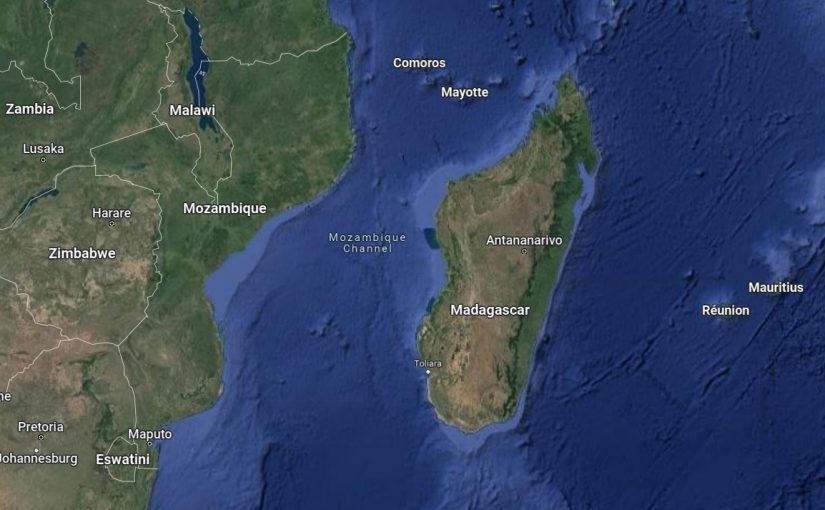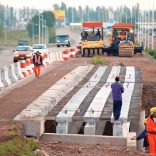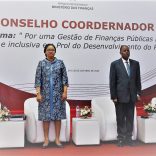Mozambique has 23 million users of electronic money accounts
Five Portuguese-speaking countries in race to extend continental shelf, Mozambique included

Image: Google Maps
- The process regarding Portugal is more or less halfway through, and it is “difficult to assess the outcome”, while Angola, Mozambique and Cabo Verde are still “in the waiting phase”.
Five Portuguese-speaking countries, Mozambique, Portugal, Angola, Brazil and Cabo Verde, have submitted their proposals for the extension of the continental shelf, which, if accepted, will represent an increase in the resources available to these states, according to the chairperson of the evaluation commission.
Hydrographer Aldino Campos said in an interview with UN News that this is “a matter of great importance for the Portuguese-speaking countries”, all of which are bathed by the sea.
After the request of the countries, which seek, in this way, to extend their territorial platform, the commission responsible for evaluating each request uses experts who carry out “thorough analyses until reaching a result”.
The establishment of these limits is provided for in the United Nations Convention on the Law of the Sea.
By default, the territorial band is 200 nautical miles (370 kilometres) from the coast and “implies state sovereignty over living and non-living resources, the seabed and subsoil”.
But countries can request extensions beyond this limit.
The vast majority of these countries have the opportunity to submit their extension proposals to the Commission on the Limits of the Continental Shelf ( CLCS), as Angola, Brazil, Cabo Verde, Mozambique and Portugal have done, with Sao Tome and Príncipe and Timor-Leste missing.
According to Aldino Campos, Timor-Leste is “a very particular case”, as the distance between the Asian country and Australia is less than 400 miles. Thus, the 200-mile limit to which each country is entitled is subdivided, not allowing this extension because “all the space is already occupied”.
And he said that Brazil is considered “one of the pioneers in submitting proposals” and that, after receiving recommendations that were not favourable, it revised the request and is now having “very satisfactory results” in processing the request.
The process regarding Portugal is more or less halfway through, and it is “difficult to assess the outcome”, while Angola, Mozambique and Cabo Verde are still “in the waiting phase”.
READ: Mozambique sets up its first Maritime Court – AIM
It is a process that “can represent a very large burden for countries, as it takes many years to move forward,” said Aldino Campos.
In this regard, he referred to the example of Portugal, which submitted its proposal in 2009 and only in 2017 was the subcommittee formed that is evaluating the request.
“This space of time requires a certain national effort to maintain a team, to keep updating software, for example, data, a team to monitor international forums, as well as the evolution of morphologies and technologies underlying the extension itself”, he said.
Watch












Leave a Reply
Be the First to Comment!
You must be logged in to post a comment.
You must be logged in to post a comment.